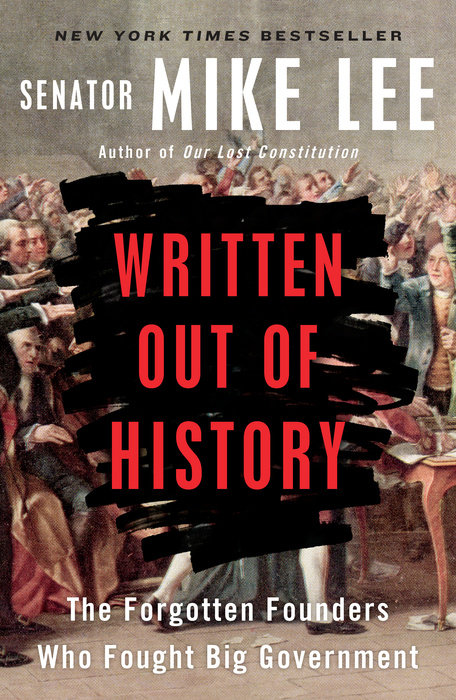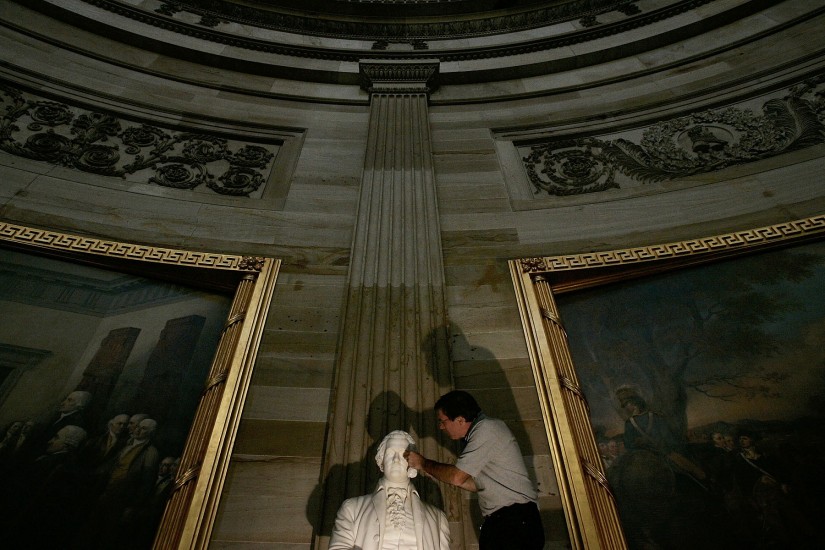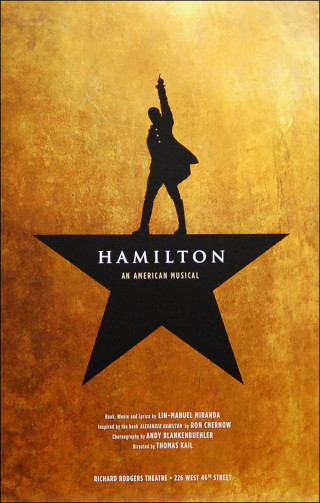Even in an age of declining civic education, a basic understanding of the founding generation thankfully remains part of America’s secular catechism. Over the past decade, the Founding Fathers have even enjoyed a renaissance. Creative storytellers like David McCullough and Lin-Manuel Miranda breathed life into stories we thought we knew. The Obama years birthed a tea party movement that had at its center a restoration of constitutional principles. And now, in the age of Trump, progressives have discovered a strange new respect for the importance of the Constitution’s checks and balances and restraints against majoritarian impulses.
But even with their newfound fashionability, the founders remain widely misunderstood. Names like Washington, Adams, Jefferson, Madison, Franklin, and Hamilton still carry weight, but the ideas they espoused get discarded. Other key figures—individuals whose words and ideas contributed much to the founding—are either relegated to the footnotes or missing altogether from our nation’s popular history.
The familiar narrative many of us were taught as children about our founding—that great men came together to forge a Constitution that set America on its present course—isn’t exactly true. Much of it has been deliberately crafted as a means of justifying our modern political whims. History is, by its nature, about the battle of ideas. The problem comes when we look to history not to understand it or draw inspiration, but to seek out confirmation for our pre-existing beliefs.
Take Alexander Hamilton, a brilliant man who spoke up during the debates over the Constitution as one of the most fervent advocates of a robust national government. Today, he’s embraced by many advocates of Big Government as a kindred spirit—doubtless thanks in large part to Miranda’s smash hit Broadway show, “Hamilton,” which recontextualizes the founder as a hardscrabble immigrant who arrived in New York and, with cunning ambition, worked his way to the top of American society.
In 2016, Hillary Clinton’s presidential campaign adopted Hamilton as something of a mascot—quoting from Miranda’s lyrics in speeches and renting out the entirety of Broadway’s Richard Rodgers Theatre for a special performance of the musical as a fundraiser. Clinton is by no means the first liberal to claim Hamilton as one of her own. A century earlier, Herbert Croly, one of the most influential progressive intellectuals of the period and co-founder of The New Republic, praised Hamilton for advocating a policy of “active interference with the natural course of American economic and political business and its regulation and guidance in the national direction.”


